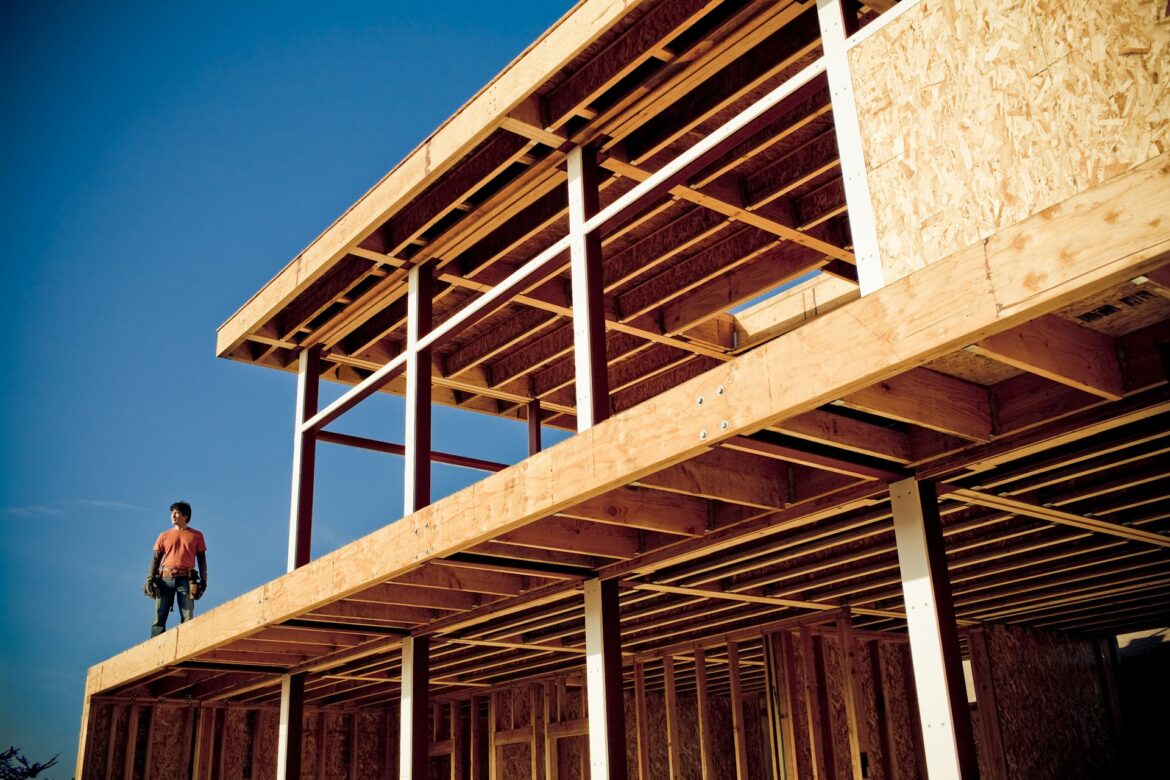As government investment pours into housing projects to address Canada’s supply crisis, a national union is warning that tax fraud and worker exploitation are spreading in the residential construction sector, putting workers at risk and undermining legitimate businesses.
The United Brotherhood of Carpenters (UBC) Canadian District is launching its annual Tax Fraud Days of Action campaign from April 12 to 18, calling attention to illegal labour practices in the industry. According to UBC, residential construction accounted for 32.7 per cent of Canada’s underground economy in 2023, which totalled $72.4 billion, and could grow to 50 per cent within a decade.
“The residential construction industry is already Canada’s worst offender when it comes to tax fraud,” said Jason Rowe, District Vice-President of the UBC Canadian District. “We’re talking about rot so entrenched that it’s an understood part of the business model for industry players.”
Wage fraud, unsafe worksites and unfair competition
The union says many contractors misclassify employees as independent contractors and pay them in cash to avoid employer obligations such as pension contributions, health coverage and employment insurance. These workers are often denied basic protections and are more likely to work on unsafe sites, Rowe said.
Such practices also create an uneven playing field for legitimate contractors, who struggle to compete with businesses that cut corners by avoiding payroll taxes and legal obligations.
“The other big victim of construction industry tax fraud is Canadian taxpayers,” Rowe said. “The billions of dollars at stake in the underground economy represent monies that aren’t flowing back to taxpayers and government where they belong.”
Union calls for action from all levels of government
UBC is calling for several policy changes to counter fraud in the sector, including:
- Enacting general contractor liability laws at the provincial level
- Increasing transparency in procurement for public projects
- Mandating apprenticeship minimums on government-funded builds
An animated explainer video has been released as part of the campaign to raise public awareness of the issue and the parties involved.
Worker shortage collides with rising fraud risk
With the Canada Mortgage and Housing Corporation estimating a shortfall of 3.5 million housing units by 2030, residential construction is expected to expand rapidly. At the same time, BuildForce Canada projects that nearly 400,000 new workers will be needed over the next decade, as 20 per cent of the current workforce approaches retirement.
However, this expected growth is colliding with new limits on immigration announced in the 2025–2027 Immigration Levels Plan, which will restrict the number of international students, foreign workers and permanent residents. Immigration, Refugees and Citizenship Canada has acknowledged the role of immigrants in the labour force and introduced a pilot program in the Greater Toronto Area to provide a path to permanent residency for out-of-status construction workers. That program was expanded in March to allow foreign workers to begin apprenticeships without a study permit.
Still, UBC warns that newcomers are often more vulnerable to exploitation and are overrepresented in the residential construction workforce. Without enforcement, many could find themselves working in the underground economy.
“To ensure one solution doesn’t become another problem, Canada must match its commitment to immigration and housing by ensuring workers are paid prevailing wages,” said Rowe.






